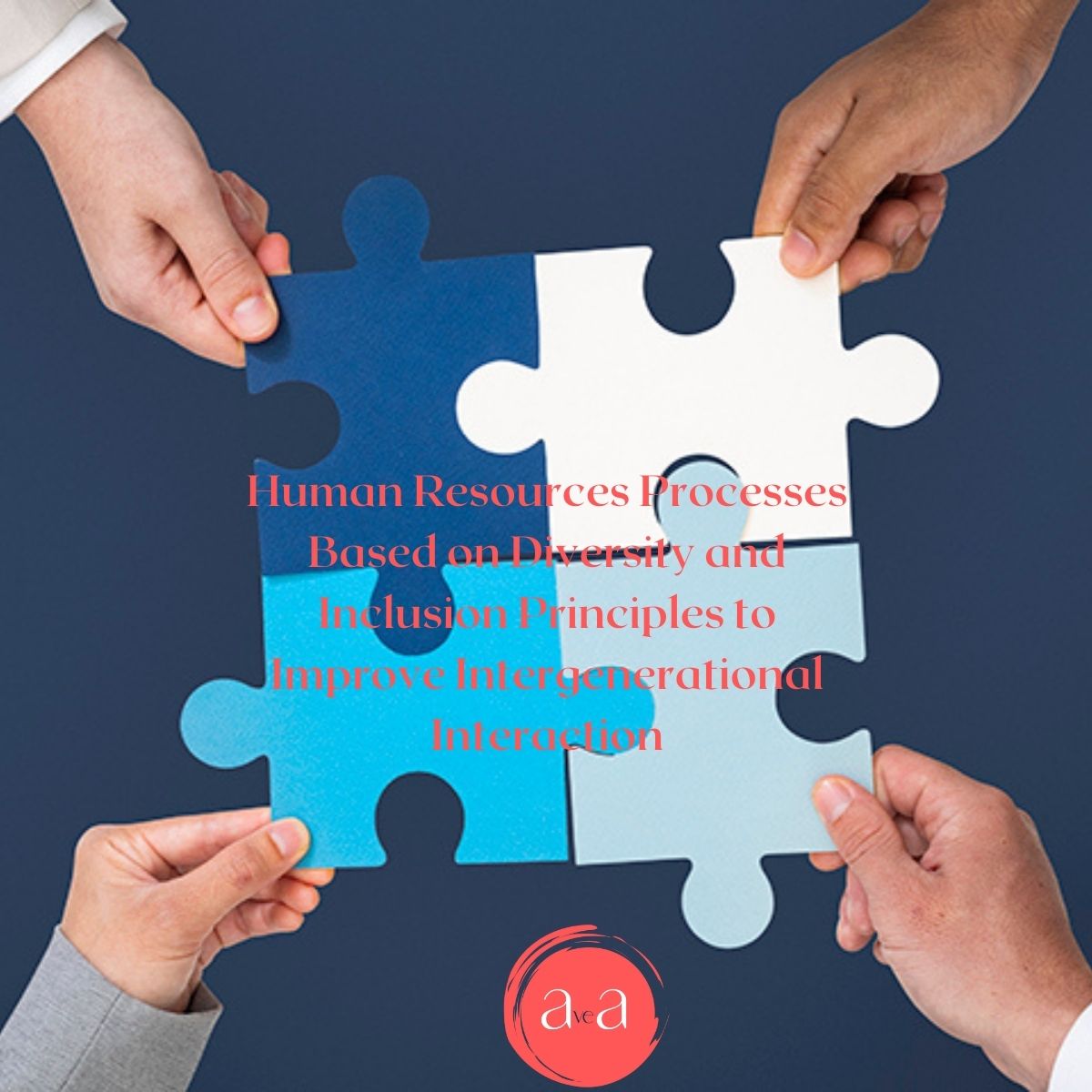Generational management refers to the management and integration of employees from different generations into the work environment. The workforce is often made up of workers from different age groups, and each generation has different values, expectations and working styles. Generational management in human resources processes uses strategies and policies designed to understand, manage and adapt to these differences. Here are some important points for generation management in human resources processes:
1.Research and understanding: Research is important to understand the values, expectations and working styles of different generations. This is a fundamental step towards understanding the characteristics and motivational factors of each generation.
2. Communication and feedback: It is important to communicate effectively and give feedback between different generations. An open, honest and constructive communication environment should be established to facilitate intergenerational interaction and increase understanding.
3.Training and development: It is important to create training and development programs that meet the needs of different generations. Each generation may have different learning styles and preferences, so education programs should be adjusted accordingly.
4.Flexible working models: There may be different preferences among different generations on issues such as working hours, flexible working arrangements and work-life balance. Businesses can offer flexible working models to adapt to the different needs of employees.
5. Mentoring and collaboration: Establishing mentoring programs among employees of different generations can be an effective method to encourage the sharing of experiences and knowledge transfer. In this way, younger employees can learn from experienced employees and a culture of collaboration can be fostered.
6. Evaluation and promotion: Businesses should consider generational differences in performance evaluation and promotion processes. A fair and objective evaluation process should be established according to the values and motivational factors of each generation.
7.Diversity and inclusion: In their generational management processes, businesses should adopt clear policies to promote diversity and inclusion. These policies should emphasize the zero tolerance for discrimination and act on the principles of equality and justice. Training and awareness programs enable employees to understand differences, reduce prejudice and create an inclusive work environment. The business should regularly evaluate diversity and inclusion goals and monitor progress.


